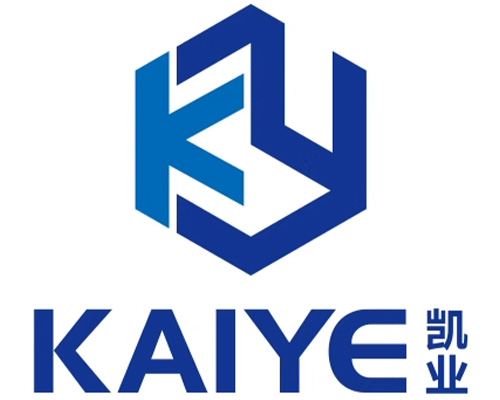The CNC machining sector, long considered a vital part of global manufacturing, is facing intensified challenges in 2025. From fierce price wars to skilled labor shortages, many shops are under pressure. However, experts say the road to transformation is clear — and necessary.
CNC machining continues to be a critical process for producing high-precision parts in sectors ranging from automotive to aerospace. Yet beneath its steady demand, the industry is grappling with persistent problems that hinder growth and profitability.
Key Industry Pain Points
Price Competition is Undermining Profitability
Across Asia and other manufacturing hubs, CNC shops are caught in a race to the bottom. As products become more standardized, clients are driving prices down, leaving little room for profit.
Unstable Orders and Lack of New Clients
Customer acquisition remains a hurdle. Many businesses still rely on word-of-mouth, aging B2B platforms, or passive inquiries, making order flow unpredictable.
Production Bottlenecks Due to Tight Deadlines
With rapid prototyping and fast product iteration cycles, clients demand shorter lead times. Sudden drawing changes during production are also becoming common — disrupting workflows.
Skilled Labor is in Short Supply
Despite automation, skilled programmers and setup technicians remain irreplaceable. Finding and retaining such talent is a growing concern, especially among small to medium-sized enterprises (SMEs).
Digital Transformation is Lagging
Many CNC workshops still rely on paper-based records or manual tracking. This makes production less efficient and increases the risk of miscommunication and delays.
Where the Industry is Headed
Despite these challenges, analysts believe that the CNC industry is on the cusp of a transformation. To stay competitive, shops are now shifting toward:
High-precision, high-value sectors such as medical, aerospace, and renewable energy
Investing in digital tools like ERP/MES systems to improve production efficiency
Developing branding and marketing capabilities to break away from pure price competition
Training in-house talent while partnering with vocational schools to close the skills gap
Building agile systems that support small-batch, high-mix production models
As global supply chains evolve, CNC factories that can provide fast response, custom solutions, and consistent quality will become preferred partners for clients around the world. In 2025 and beyond, precision and adaptability will define success in CNC.
About Us
We support CNC and hardware manufacturers in modernizing their operations, expanding into new markets, and connecting with international clients. To learn more, visit our website or contact us directly.

